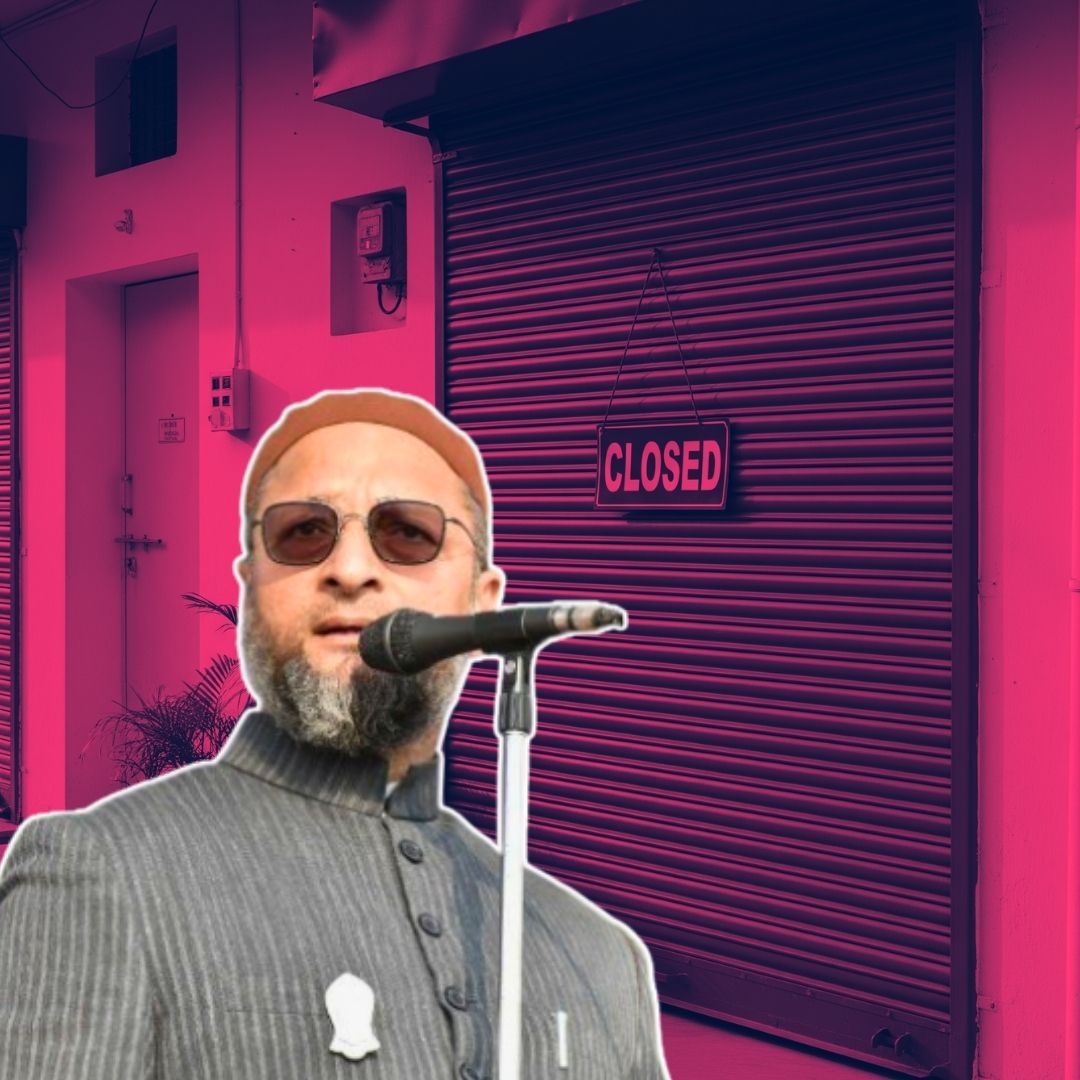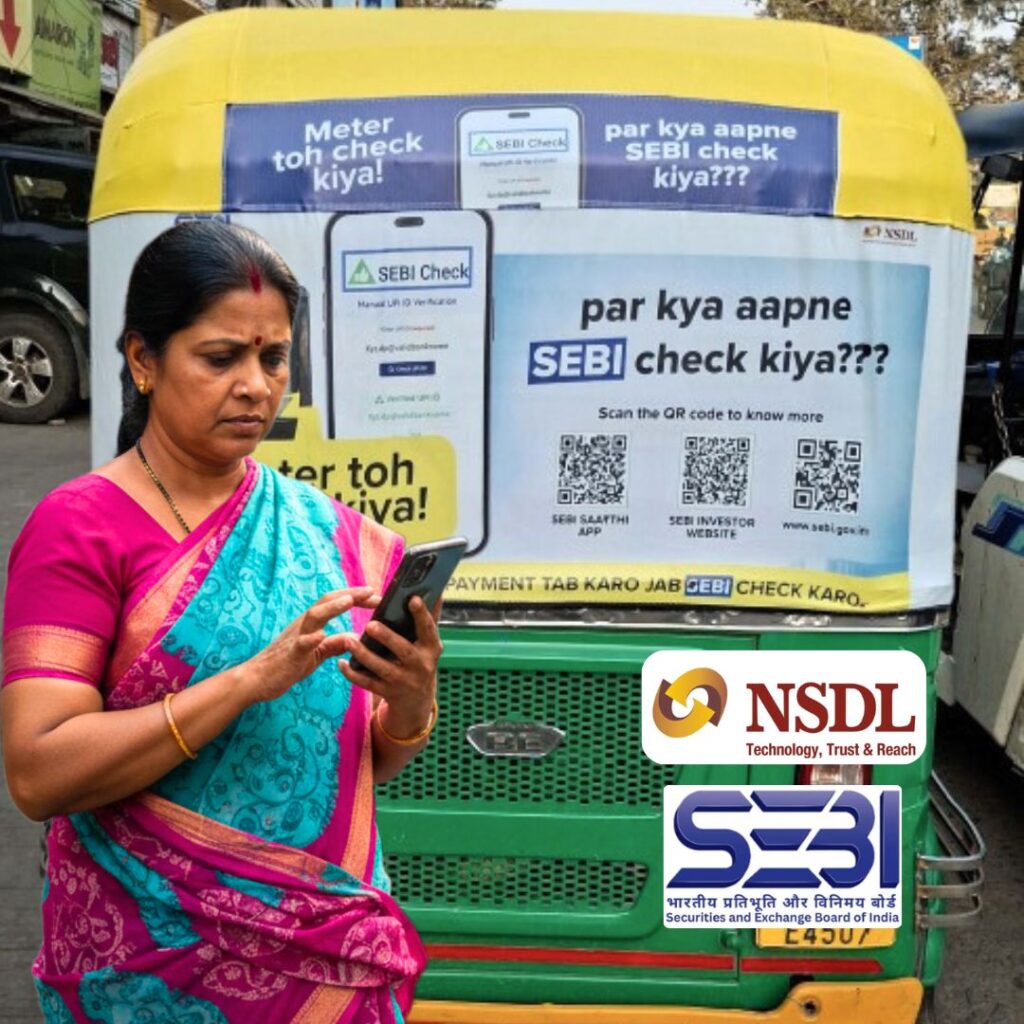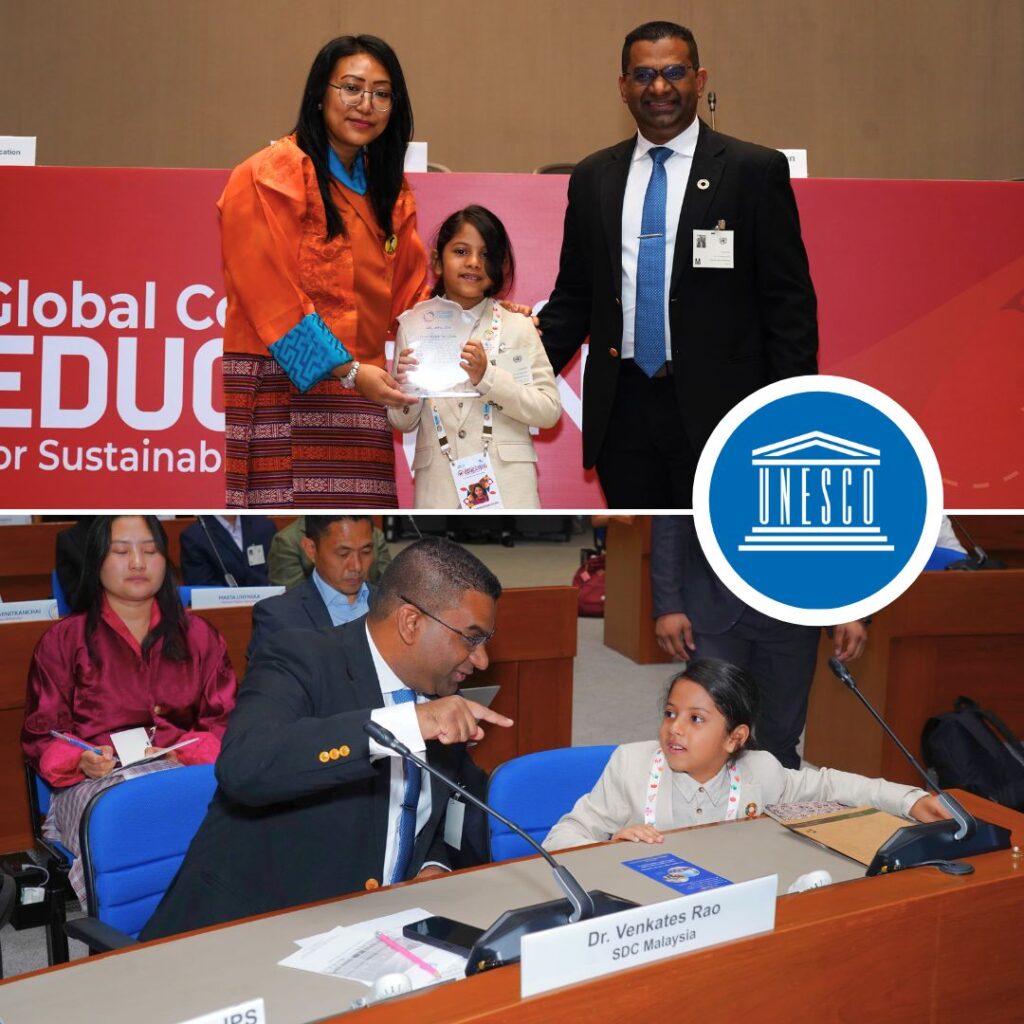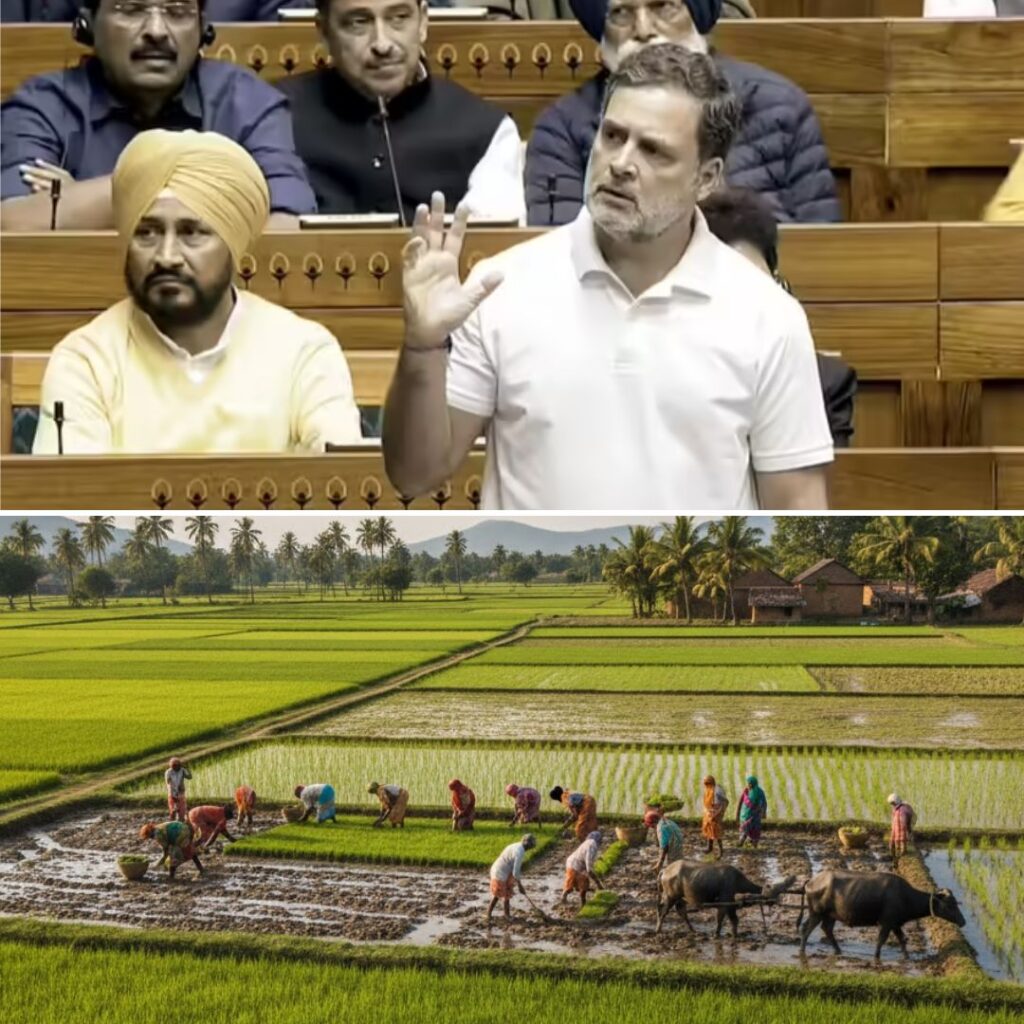Several municipal corporations across India, including the Greater Hyderabad Municipal Corporation (GHMC), have ordered slaughterhouses and meat shops to remain closed on August 15, 2025, Independence Day, with some extending the closure to August 16 for Janmashtami. Hyderabad MP and AIMIM chief Asaduddin Owaisi has strongly criticised these directives, calling them “callous and unconstitutional,” pointing out that 99% of Telangana’s population consumes meat.
Owaisi argues that the bans violate fundamental rights including liberty, privacy, livelihood, culture, nutrition, and religion. The orders have sparked political controversy, with divergent opinions among leaders, especially in Maharashtra, where some defend the ban citing an older government order, while others question its relevance.
Meat Shop Closures Ignite Political and Social Debate
The GHMC issued the directive under Section 533 (b) of its Act, instructing cattle slaughterhouses and retail meat shops in Hyderabad to close on Independence Day and Janmashtami. Similar bans were imposed by civic bodies in cities like Chhatrapati Sambhajinagar, Kalyan-Dombivli, Malegaon, and Nagpur in Maharashtra.
Officials argue these closures follow established guidelines for certain notable occasions, but critics view them as arbitrary curtailments of personal and community freedoms. The GHMC has tasked police and veterinary officials to enforce the shutdown. The controversy stems from the perceived disconnect between the closures and the significance of Independence Day, which celebrates freedom itself.
“Many municipal corporations across India seemed to have ordered that slaughterhouses and meat shops should be closed on 15th August. Unfortunately, @GHMCOnline has also made a similar order. This is callous and unconstitutional,” said Asaduddin Owaisi in a post on X. “What’s the connection between eating meat and celebrating independence day? 99% of Telangana’s people eat meat. These meat bans violate people’s right to liberty, privacy, livelihood, culture, nutrition & religion,” he continued.
Historical Context and Rising Political Opposition
Though bans on meat sale during specific festivals or public holidays have precedent, their enforcement on Independence Day triggered intense opposition this year. Asaduddin Owaisi used social media to question the logic behind associating meat consumption with Independence Day celebrations, highlighting the importance of protecting dietary choices intrinsic to Telangana’s culture.
His comments have raised awareness about potential infringements on constitutional rights. In Maharashtra, political figures are divided: while BJP leaders support the ban citing a 1988 order empowering municipal bodies to regulate activities on special days, leaders like Deputy Chief Minister Ajit Pawar question the logic of imposing such restrictions on non-religious holidays, emphasising India’s secular and diverse society.
The Logical Indian’s Perspective
The imposition of meat bans on Independence Day raises a significant debate about the balance between cultural sensitivity and constitutional freedoms. A day symbolising liberation and individual rights should encourage inclusiveness, not restrictions that impinge on livelihood, dietary choices, and religious or cultural expression.
The Logical Indian believes governance should respect diversity and individual liberties while promoting harmony. Decisions affecting community practices must be transparent, justified, and sensitive to pluralism.
Many municipal corporations across India seemed to have ordered that slaughterhouses and meat shops should be closed on 15th August. Unfortunately, @GHMCOnline has also made a similar order. This is callous and unconstitutional.
— Asaduddin Owaisi (@asadowaisi) August 13, 2025
What’s the connection between eating meat and…











